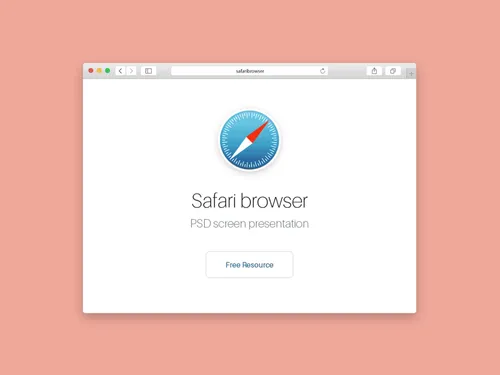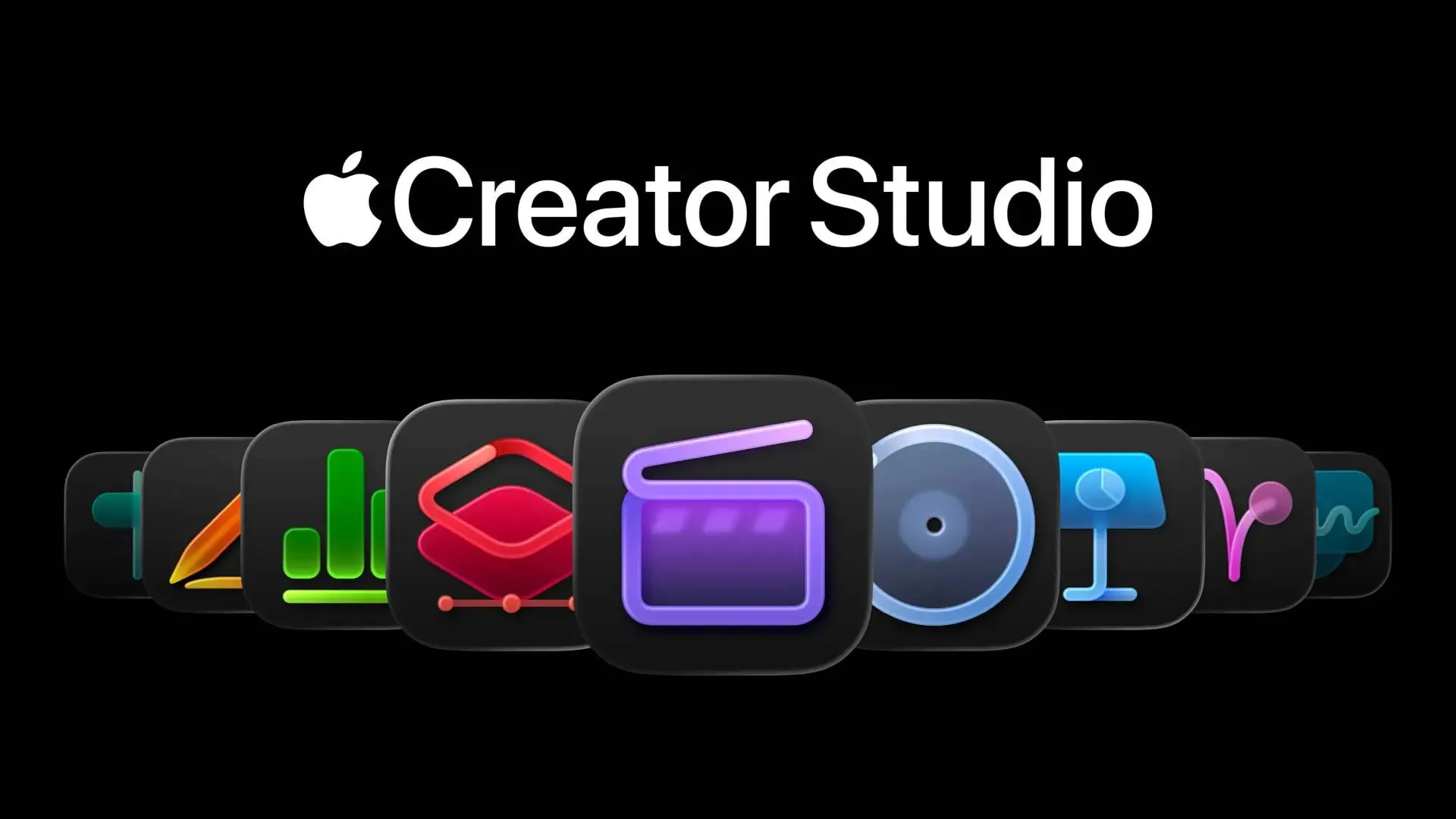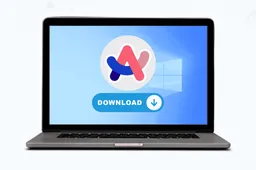Apple confirms that EU iPads will support app sideloading and third-party browser engines this fall
AppleFriday, 03 May 2024 at 06:18

On May 2, Apple issued a developer announcement revealing significant changes coming to iPadOS in the European Union later this fall. These changes are in response to the European Commission's designation of iPadOS as a "gatekeeper" under the Digital Markets Act (DMA) regulations. The European Commission has extended the scope of the DMA to include Apple's iPadOS platform. This marks the fourth Apple-owned service subject to these regulations. This expansion significantly increases regulatory scrutiny on Apple, compelling the tech giant to adapt its tablet ecosystem to comply with the DMA's mandates. These requirements include allowing third-party app stores, supporting app sideloading, providing third-party payment options, and making non-WebKit versions of Safari available on iPadOS.

The DMA regulations require Apple to make several concessions to maintain compliance and avoid hefty fines of up to 10% of its global annual revenue. Apple now has six months to adjust iPadOS to meet these new requirements.
App Sideloading and Third-Party App Stores
The most notable change is that iPad users in the EU will be able to install third-party application markets and download apps from these alternative sources, a practice known as "sideloading." This represents a major shift from Apple's historically close ecosystem, where the App Store is the sole distribution channel for iOS and iPadOS apps.
Additionally, iPadOS will support third-party browser engines, breaking Apple's longstanding requirement that all browsers on its platforms use the WebKit rendering engine. This change will allow for greater browser diversity and competition on the iPad.
Default Browser Selection
Another key change is the introduction of a new prompt in Safari, which will ask users to choose their default browser. This gives iPad owners more control over their browsing experience, rather than being locked into Apple's Safari as the default.

Web Distribution
Apple is also enabling a "web distribution" feature, which will allow users to download applications directly from a developer's website, bypassing the App Store entirely. This provides developers with an alternative distribution channel and gives users more options for accessing the apps they want.
Core Technology Fee (CTF) Changes
Alongside these user-facing changes, Apple has also introduced new policies regarding its Core Technology Fee (CTF). The CTF is a fee that Apple charges developers for the use of its proprietary technologies and frameworks.
Going forward, the CTF will apply to iPadOS applications distributed through the App Store, online channels, and downloaded from other markets. This means that users who install the same app on both iOS and iPadOS within 12 months will only generate one first-time install of the app per year, reducing the overall CTF burden.
Exemptions from CTF
Apple has also introduced two exemptions from the CTF:
1. No Income Developers: If a developer does not have any income, they will not be required to pay the CTF.
2. Small Developers: Developers with a global annual business revenue of less than 10 million euros will receive free CTF tickets for three years.
2. Small Developers: Developers with a global annual business revenue of less than 10 million euros will receive free CTF tickets for three years.
These exemptions are likely aimed at supporting smaller and independent developers, whom the CTF may have disproportionately impacted.
Implications for the iPad Ecosystem (app sideloading & third-party browsers)
The changes announced by Apple represent a significant shift in the iPad ecosystem, particularly in the European Union. By allowing sideloading, third-party browser engines, and alternative distribution channels, Apple is opening up the platform to greater competition and user choice.

This move is a direct response to the European Commission's designation of iPadOS as a "gatekeeper" under the DMA regulations. Apple's compliance with these new rules suggests that the company is willing to adapt its traditionally closed approach to maintain its presence in the European market.
The introduction of CTF changes, including the exemptions for developers with no income or small annual revenue, indicates that Apple is also seeking to balance the needs of its developer community with the new regulatory requirements.
These changes could have far-reaching implications for the iPad ecosystem, potentially leading to a more diverse app landscape, increased competition, and greater user empowerment. However, it remains to be seen how these changes will be implemented and how they will impact the overall iPad experience for both users and developers.
Conclusion
Apple's announcement of upcoming iPadOS changes in the European Union represents a significant shift in the company's approach to its tablet platform. By enabling sideloading, third-party browser engines, and alternative distribution channels, Apple is responding to regulatory pressure and opening up the iPad ecosystem to greater competition and user choice. The extension of DMA regulations to include iPadOS reflects the European Commission's heightened scrutiny of Apple. This is compelling the company to adapt its platform to comply with new mandates. These changes, such as allowing third-party app stores, supporting app sideloading and others signify a departure from Apple's historically closed ecosystem.
The introduction of CTF changes, including exemptions for certain developers, suggests that Apple is also seeking to balance the needs of its developer community with the new regulatory requirements. These changes could have far-reaching implications for the iPad ecosystem, potentially leading to a more diverse app landscape, increased competition, and greater user empowerment. However, the ultimate impact of these changes remain under wraps as Apple works to implement them in the coming months.
Overall, these developments signal a significant shift in the iPad ecosystem, fostering greater competition, user choice, and potentially a more diverse app landscape. Apple's willingness to adapt its approach in response to regulatory requirements showcases a strategic move to maintain its presence in the European market while addressing the evolving needs of users and developers.
Loading






